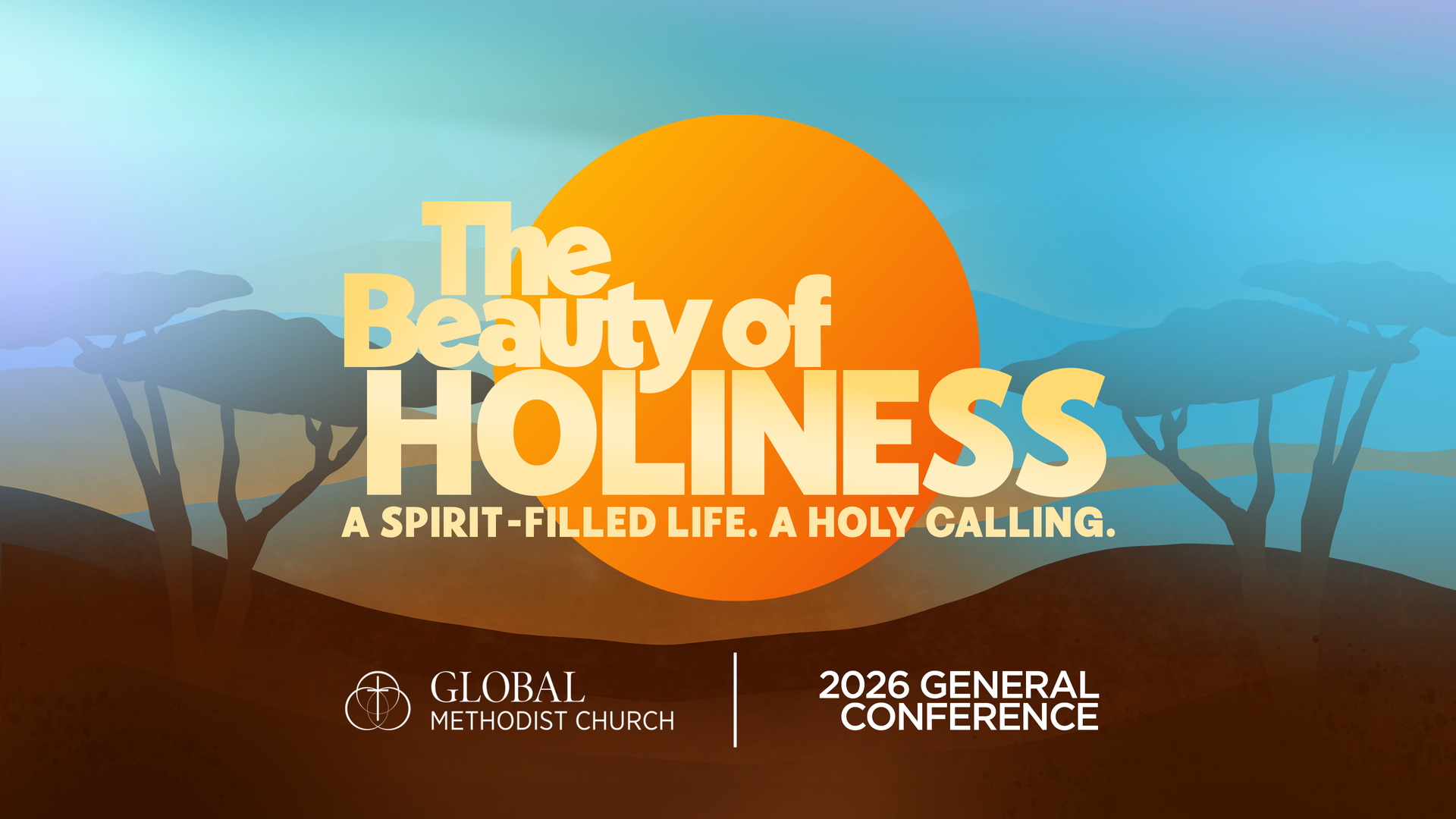Lead Well: Tea With an Orthodox Priest
By Bishop Leah Gregory

“I ask not only on behalf of these (that’s the disciples), but also on behalf of those who will believe in me through their word (that’s us), that they may all be one." –John 17:20-21
While on a recent trip to Greece, I found myself in a restaurant sitting next to an orthodox priest. I struck up a conversation with him, explaining that an ecumenical council had brought me to Athens. Later in the conversation, I told him of the hope I had found at our meeting because of the unity around the great commission. He chuckled and he said, “That is the problem with the Western church, you keep looking for unity, when you should be looking for oneness.” I did not let on that I had no idea what he meant by that statement. I mean, aren’t unity and oneness the same thing? Wasn’t he splitting hairs over two words that had the very same meaning? We continued our conversation around the church. There was sage wisdom that seemed to spill with every sentence he uttered, but that thing about ‘oneness’ and ‘unity’ stuck with me. Once I got back home, I began studying scriptures that lifted the words “oneness,” “unity,” and “united.”
On the night in which Jesus was betrayed, he went to the Garden of Gethsemane. In John 17:20-21, we get a glimpse of that prayer. Jesus prays for his disciples of that day and all of those who would believe in him to be ONE. In the only place I know of in scripture, where Jesus actually prayed directly for you and for me… he prays we will be one. He doesn’t pray for us to be one so that there might be peace and harmony, but so that the whole world might come to believe. Our oneness is imperative to our mission and has eternal consequences.
Oneness and unity are often used interchangeably, but they have distinct meanings. Oneness refers to the state of being unified or whole, achieved through the power of the Holy Spirit, which joins us to Christ and makes us one with Him. Ephesians 4:1-16, Paul tells us to make every effort to maintain the unity of the Spirit (oneness) through the bonds of peace and to grow into the fullness of Christ’s image.
Unity, on the other hand, is the state of being united. It’s about coming together for a common purpose or goal, and it’s often used to describe the agreement and harmony among individuals or groups. Unity can be temporary, depending on the event or cause, while oneness transcends events and is built upon a sharing in the Spirit of God.
Oneness is a deeper, more profound unity that transcends mere agreement or association, whereas unity is the process of coming together for a common purpose. Oneness is a coming together where the parts meld together, bending to the will of God in perfect surrender to the same divine spirit. In Genesis 1:9, God commands all the waters to come and pool together in one place. Waters from the rivers, oceans, streams, and heavens all gathered in one place. Distinct water molecules flowing together cannot be unified. They can only be “one.”
As Christian leaders, we cannot operate as individuals with a common mission, but rather as one in the power of the Holy Spirit. We are not called to unify the church. We are not to bring the church together for a common purpose; rather, we are to lead them to live under the Spirit of God. Rather than leading for unity in name only or even fairness with democratic principles in place, we need to be praying for “oneness.” As a Conference Superintendent, I pray God equips me to lead for “oneness.”
Many of us have tried to explain the experience we had in Costa Rica at the Global Methodist Convening conference. We had experienced New Room and other powerful worship experiences, but Costa Rica was more. We had all been in a room where people came together for common purposes and accomplished great things, but Costa Rica was unique. There was a divine spirit that we were all living in, which made for the formation of a very different church. It was a foretaste of Glory. Being one with God and one with one another, a church was formed that I want to give my life to for the sake of Christ.
The Apostle Paul gives us an example of how a leader leads a church to “perfect unity,” or put another way, “oneness.”
"I appeal to you, brothers and sisters, in the name of our Lord Jesus Christ, that all of you agree with one another in what you say and that there be no divisions among you, but that you be perfectly united in mind and thought." – 1 Corinthians 1:10
We can learn much from Paul in this letter on how we are to lead people to oneness:
- Pray for the people God has entrusted to your care every day
- Do not turn a blind eye to the divisions and disagreements within the church, speak to and lead for oneness
- Believe in the goodness of all people and the church
- Speak truth in love… approach the conversation with the desire of greater understanding, restoration, and redemption
- Lead people to have fellowship with one another and with God, seeking to live in the Spirit of God.
My prayer is that we will be a people who come together not in a false sense of unity, but truly united in the Spirit of God. Living in such a way that the entire world might come to know the transformational love available through Christ Jesus.
Brothers and Sisters, Lead Well!



